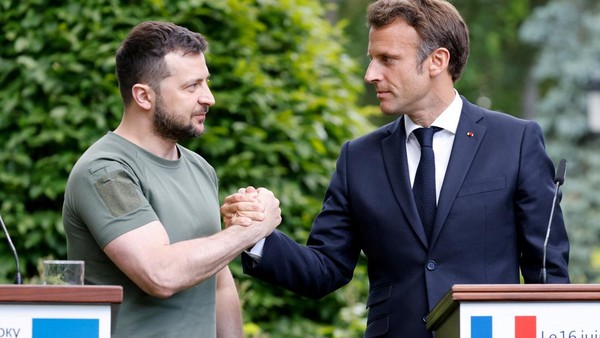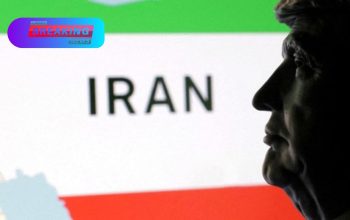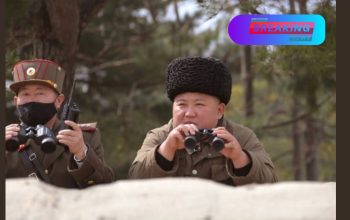Zelensky Urges Macron for Missile Reinforcements Amid Escalating Russian Attacks
Ukrainian President Volodymyr Zelensky has officially urged French President Emmanuel Macron to increase missile aid as Ukraine struggles to counter relentless Russian offensives. The call for more missile support highlights Kyiv’s growing concern over depleting air defense systems amid intensified Russian drone and missile strikes across major Ukrainian cities.
According to reports from Kyiv, Zelensky’s direct conversation with Macron focused on strengthening Ukraine’s long-range strike capability and bolstering air defense systems crucial for deterring incoming Russian attacks. This latest diplomatic effort underscores Ukraine’s ongoing dependence on Western military assistance to sustain its defense operations.
The Strategic Need for French Weaponry
In the discussion, Zelensky emphasized the strategic importance of France’s SCALP-EG cruise missiles, which have proven effective in previous counteroffensive operations. He reportedly requested additional shipments, citing Russia’s renewed assault on energy infrastructure and frontline cities like Kharkiv and Dnipro.
Macron reaffirmed France’s commitment to supporting Ukraine’s sovereignty but refrained from confirming the scale or timing of new missile deliveries. “We will stand with Ukraine for as long as necessary,” Macron stated, emphasizing that European security depends on deterring Russian aggression.
Military analysts suggest that French missile systems, coupled with British Storm Shadow technology, could significantly enhance Ukraine’s long-range capabilities, especially in targeting command centers and ammunition depots deep inside occupied territories.
The Broader Context of Western Support
The conversation between the two leaders occurred as NATO allies debate future levels of aid to Kyiv. While the United States continues to supply precision-guided munitions and air defense systems, European nations have faced internal political divisions over long-term funding.
Zelensky’s outreach to Macron is part of a wider diplomatic campaign to ensure a consistent flow of advanced weaponry. The Ukrainian leader has made similar appeals to Germany, the United Kingdom, and the United States in recent weeks. His government maintains that without sustained missile resupply, Ukraine’s ability to defend against Russia’s expanding aerial campaign could weaken drastically.
Russia’s Renewed Offensive and Escalation
Meanwhile, Russia has intensified its strikes across multiple Ukrainian regions, using ballistic missiles and kamikaze drones to cripple power grids and logistics hubs. The Russian Defense Ministry claims these attacks are aimed at disrupting Ukrainian military supply lines, though civilian infrastructure continues to bear the brunt.
Ukraine’s air defense network has intercepted most incoming attacks, but the growing scale of the assault is straining its resources. Kyiv officials warn that unless fresh missile systems arrive soon, their defensive shield could falter as winter approaches — a period often exploited by Moscow for intensified offensives.
France’s Role in the European Defense Equation
France’s involvement in Ukraine’s defense has evolved from initial political support to the active supply of high-precision weaponry. Paris has already delivered CAESAR howitzers, armored vehicles, and SCALP missiles, bolstering Kyiv’s battlefield resilience.
However, domestic challenges and budgetary debates within France could slow additional shipments. Macron faces pressure from opposition parties urging caution about depleting national defense stockpiles amid growing instability in Europe and the Middle East.
Still, Macron’s continued engagement with Zelensky demonstrates France’s ongoing role as a key diplomatic and military partner in Europe’s collective stance against Russian aggression.
Conclusion
President Volodymyr Zelensky’s appeal to Emmanuel Macron for increased missile support reflects Ukraine’s urgent need to strengthen its defenses amid a worsening conflict. The outcome of this diplomatic effort could shape not only the trajectory of the war but also the unity and resolve of Europe’s response to Moscow’s aggression. As both leaders navigate the complex balance between national interests and shared security, the world watches whether this call marks a turning point in the battle for Ukraine’s survival.



